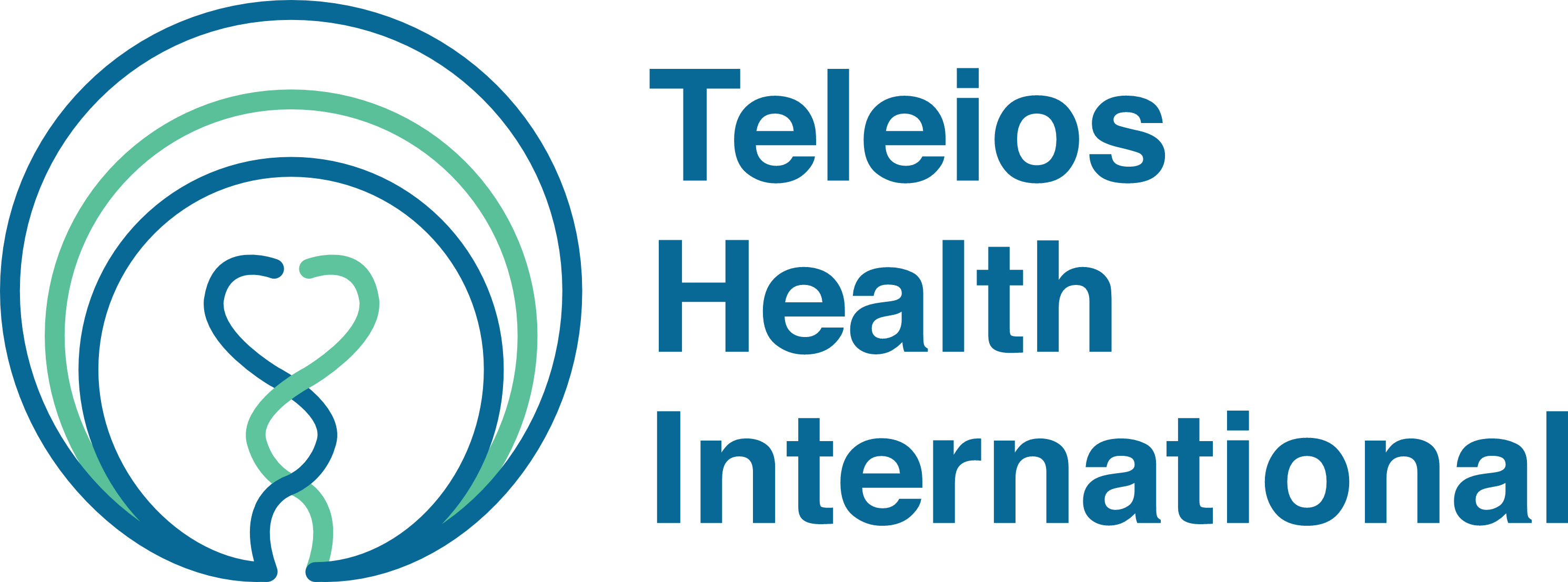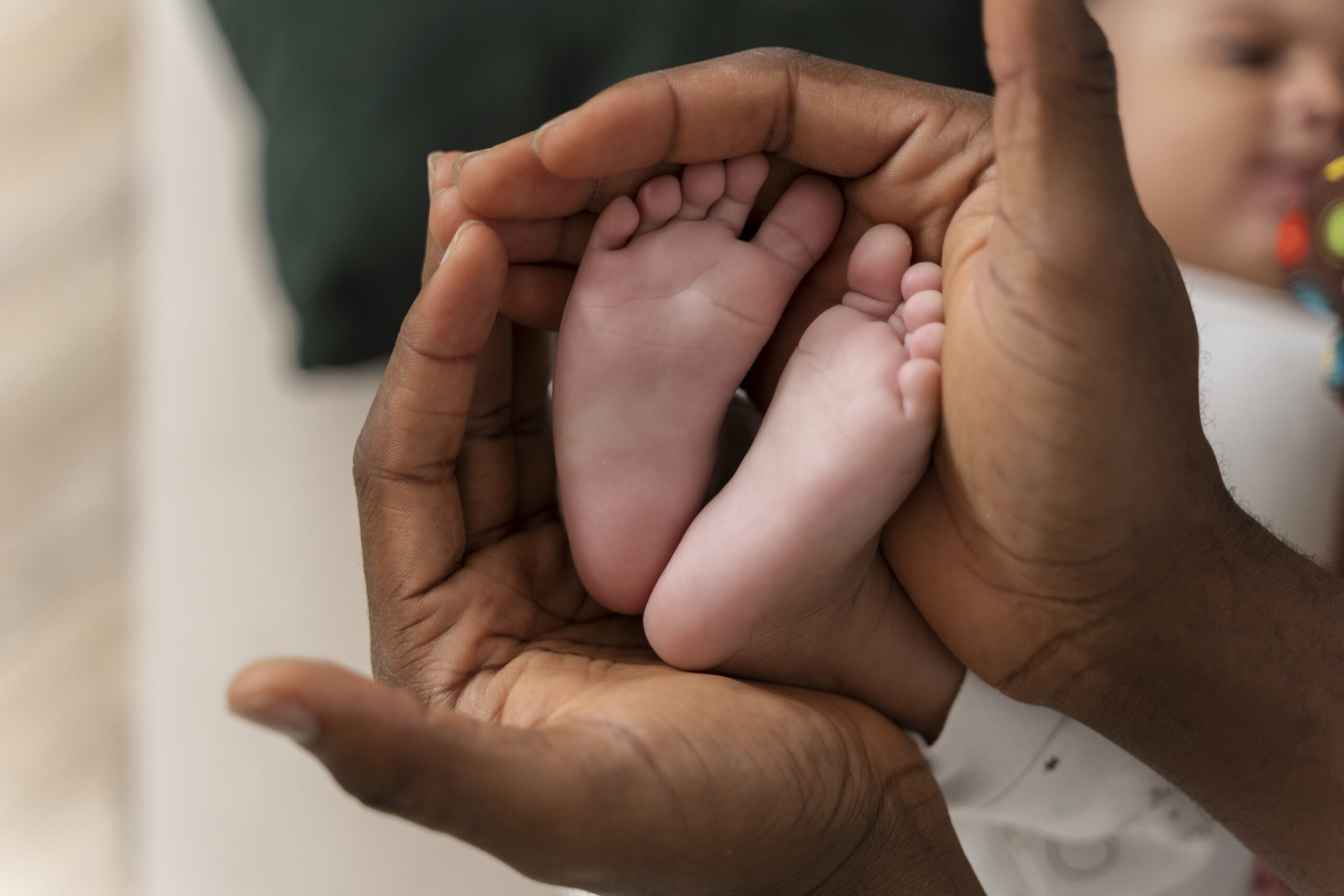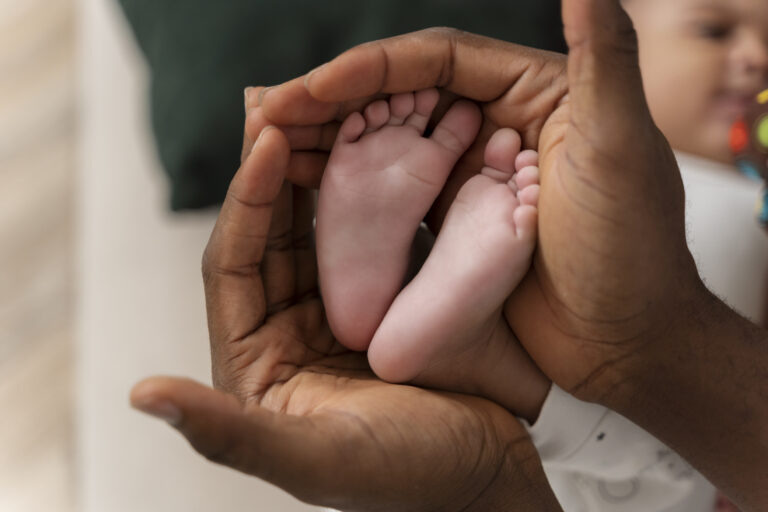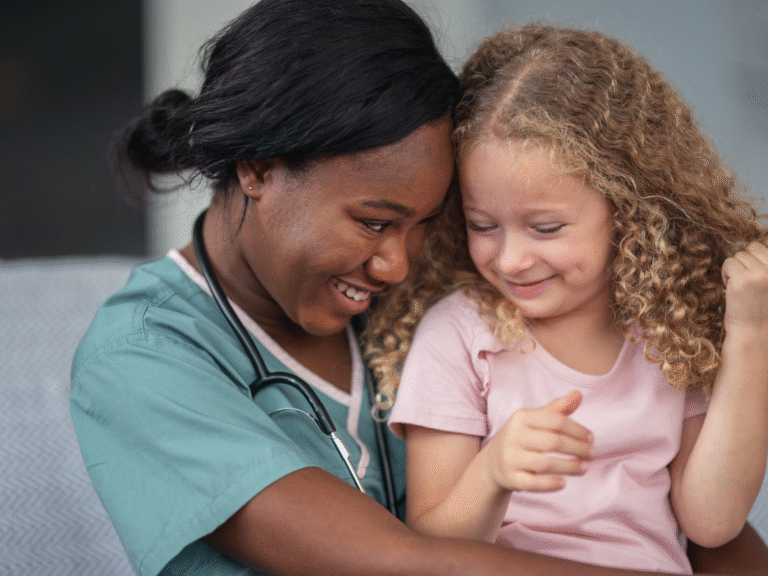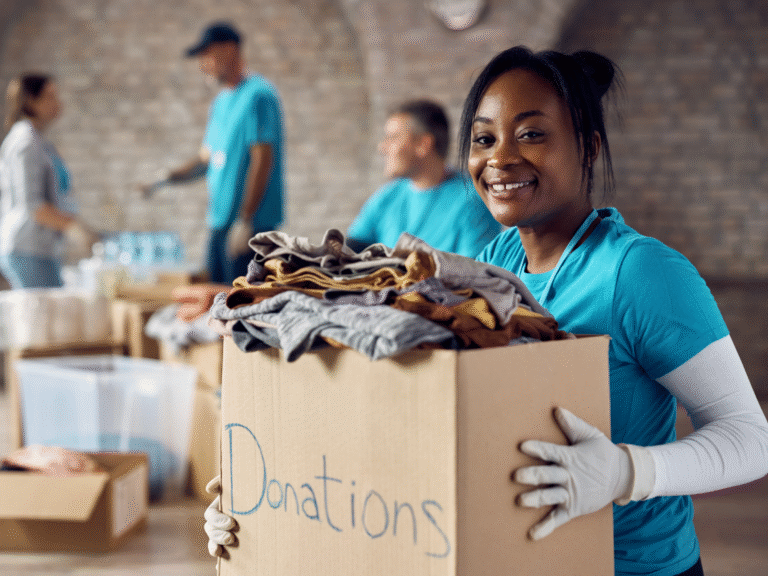“I thought it was just a fever…”
In a quiet rural village, a young mother watched helplessly as her child’s condition worsened.
What started as a slight fever turned into convulsions within days.
By the time she sought help, it was almost too late.
When asked why she hadn’t come sooner, her response was heartbreaking:
“I didn’t know it was dangerous. I thought it was just a fever.”
This isn’t an isolated story it’s the reality for millions around the world.
Healthcare doesn’t begin in the clinic it begins with education.
For many underserved communities, the biggest health threat isn’t just illness.
It’s a lack of information.
Without accessible, trustworthy knowledge, people can’t make informed choices about their health or the well-being of their families.
That’s why at Teleios Health International, we believe one of the most powerful tools in healthcare is education empowering individuals and communities to live healthier, longer lives.
We’re talking about:
Why Health Education Matters
When people are informed, they can:
- Recognize symptoms early.
- Prevent common illnesses.
- Know when and where to seek help.
- Dispel harmful myths
- Build healthier habits for life.
Barriers to Health Information in Underserved Communities
Despite its importance, many vulnerable populations face major obstacles in accessing reliable health information:
- Low literacy levels.
- Language barriers.
- Cultural beliefs and taboos.
- Limited access to technology.
- Mistrust of healthcare institutions.
- Lack of formal education
These challenges create a dangerous gap—where misinformation spreads and preventable illnesses go untreated.
Closing the Knowledge Gap
To bridge this divide, health education must be:
Clear, Culturally appropriate and Actionable
Here’s how we’re making that happen:
Community Health Talks
During our medical outreaches, we host engaging, interactive sessions covering:
- Maternal health
- Hygiene
- Nutrition
- Common illnesses
- Mental wellness.
Visual and Audio Resources
Flyers, posters, and short videos in local languages help reach both literate and non-literate groups.
These are shared in schools, churches, markets, and community centers.
Training Local Health Volunteers
We equip trusted community members to become health ambassadors spreading accurate information and building long-term trust.
Engaging Schools and Youth Groups
We educate children and teens about:
- Personal hygiene
- Menstrual health
- Nutrition
- Disease prevention
This creates a ripple effect across generations.
Combating Myths and Misconceptions
We use respectful dialogue and evidence-based messaging to replace harmful myths with practical, life-saving truths.
Real Impact: When People Are Informed
A mother learns to recognize signs of dehydration in her baby and seeks help just in time.
A teenage girl gains confidence in managing her menstrual health, free of stigma.
A man changes his diet and avoids a stroke after learning about high blood pressure.
A village stops drinking contaminated water after a hygiene awareness training.
Each of these stories begins with education.
Each one reminds us that knowledge is powerful medicine.Despite its importance, many vulnerable populations face major obstacles in accessing reliable health information:
Looking Ahead: A Smarter, Healthier Future
Health education is the backbone of sustainable healthcare.
When communities are equipped with the right information, they:
- Make better decisions.
- Seek help earlier.
- Share what they’ve learned with others.
By investing in education, trust, and continuous support, we’re building a future where health is not just a privilege but a shared right.
Get Involved: Be Part of the Change
Whether you’re a:
When communities are equipped with the right information, they:
- Healthcare provider.
- Educator.
- Donor.
- Volunteer.
You can be part of this movement.
“I thought it was just a fever…”
In a quiet rural village, a young mother watched helplessly as her child’s condition worsened. What started as a slight fever turned into convulsions within days.
By the time she sought help, it was almost too late.
At Teleios Health International, we’ve seen it firsthand: The most powerful transformations happen when hands come together and hearts align toward a shared purpose.
Healthcare doesn’t begin in the clinic. It begins with education.
For many underserved communities, the biggest health threat isn’t just illness. It’s a lack of information.
Without accessible, trustworthy knowledge, people can’t make informed choices about their health or the well-being of their families.
That’s why at Teleios Health International, we believe one of the most powerful tools in healthcare is education empowering individuals and communities to live healthier, longer lives
Why Health Education Matters
Health education is prevention, protection, and empowerment all in one. When people are informed, they can:
- Poverty.
- Food insecurity.
- Essential medical and non-medical supplies.
- Long-term health education and support.
In short, health education saves lives.
Barriers to Health Information in Underserved Communities
Despite its importance, many vulnerable populations face major obstacles in accessing reliable health information:
- Low literacy levels
- Language barriers
- Cultural beliefs and taboos
- Limited access to technology
- Lack of formal education
- Mistrust of healthcare institutions
These challenges create a dangerous gap where misinformation spreads and preventable illnesses go untreated.
Closing the Knowledge Gap
To bridge this divide, health education must be:
- Clear
- Culturally appropriate
- Actionable
Here’s how we’re making that happen:
1. Community Health Talks
During our medical outreaches, we host engaging, interactive sessions covering:
- Maternal health
- Hygiene
- Nutrition
- Common illnesses
- Mental wellness
All tailored to local languages, customs, and realities.
2. Visual and Audio Resources
Flyers, posters, and short videos in local languages help reach both literate and non-literate groups. These are shared in schools, churches, markets, and community centers.
3. Training Local Health Volunteers
We equip trusted community members to become health ambassadors spreading accurate information and building long-term trust.
4. Engaging Schools and Youth Groups
We educate children and teens about:
- Personal hygiene
- Menstrual health
- Nutrition
- Disease prevention
This creates a ripple effect across generations.
5. Combating Myths and Misconceptions
We use respectful dialogue and evidence-based messaging to replace harmful myths with practical, life-saving truths.
Real Impact: When People Are Informed
A mother learns to recognize signs of dehydration in her baby and seeks help just in time.
A teenage girl gains confidence in managing her menstrual health, free of stigma.
A man changes his diet and avoids a stroke after learning about high blood pressure.
A village stops drinking contaminated water after a hygiene awareness training.
Looking Ahead: A Smarter, Healthier Future
Health education is the backbone of sustainable healthcare. When communities are equipped with the right information, they:
- Make better decisions.
- Seek help earlier.
- Share what they’ve learned with others.
By investing in education, trust, and continuous support, we’re building a future where health is not just a privilege but a shared right.
Get Involved: Be Part of the Change
Whether you’re a:
- Healthcare provider
- Educator
- Donor
- Volunteer
